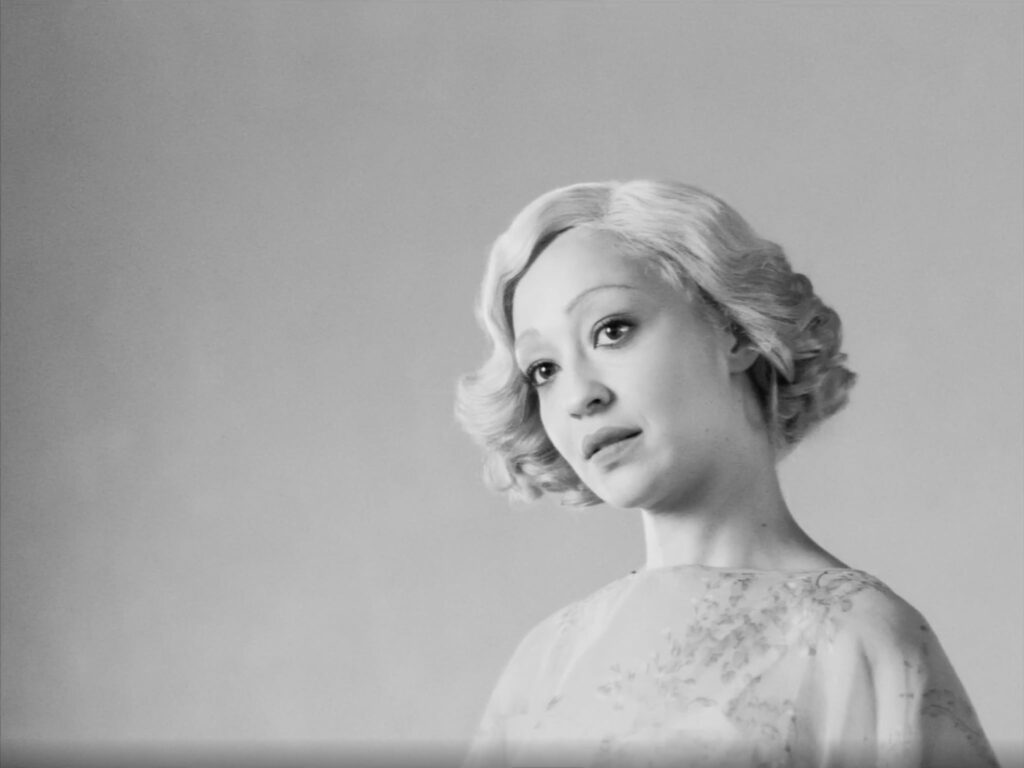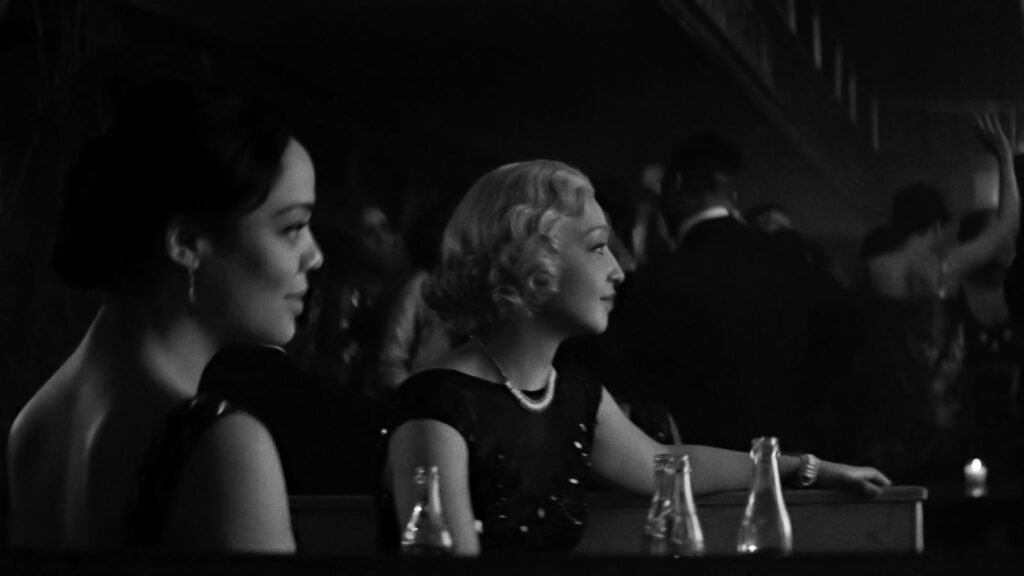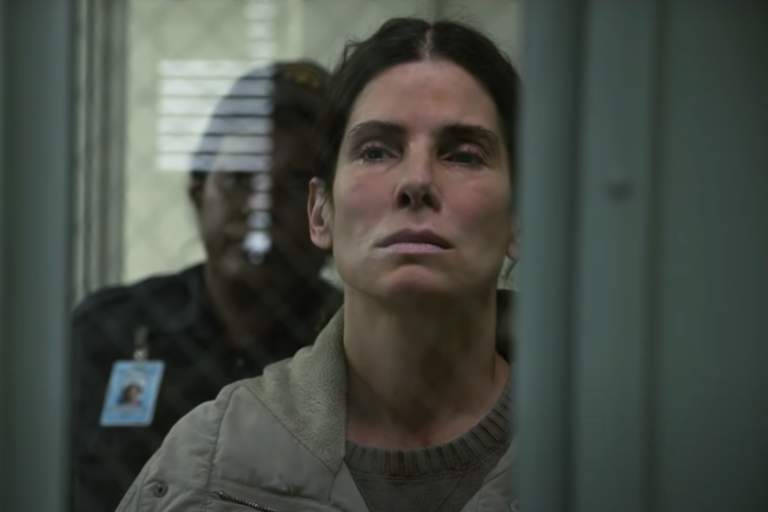
Passing: The Movie That Shines A Light On Race Identity That Most May Be Unfamiliar With

Sometimes, If asked what kind of movie I enjoy, I would always answer, “It depends!”. Some would say that an action-type film is enjoyable, while others only enjoy romantic movies or melodramas. I can watch any movie genre, depending on who is on it. Sylvie’s Love is a typical example, which leaned more toward a romantic melodrama. Ordinarily, I wouldn’t find myself running home to watch a romantic movie, but I was interested in seeing Nnamdi Asomugha star alongside Tessa Thompson. Asomugha mainly because I had followed his career as a football player and was also aware of his marriage to Kerry Washington. It probably may also be that Asomugha is also of Nigerian ancestry, and it so happens that most immigrants have this habit of following the lives of people from their home country. Sylvie’s Love had everything that would make for an excellent romantic movie, and the ensemble performed outstandingly. Still, in all honesty, I will say that I was blown away by Tessa Thompson’s performance.
There probably will be a lot of movie enthusiasts like myself out there who would watch a movie because certain actors appeared in it. It unarguably is why I watched Passing when it came out on Netflix. Tessa Thompson is one of the few female actors who can tell you a million stories with her facial expressions. She did not fail to deliver in this movie that highlights a subject that most may not be familiar with (Including yours truly). Apart from the fact that Tessa Thompson was in it, I wanted to understand the core subject matter of this movie, which I found very informative.

Being a migrant to America, I have discovered that one of the most educative and informative resources has become helpful in understanding the current ecosystem with which I live in the movies. And Passing brought to my attention something that my mind probably would not have conceived; the fact that an African American could pass as white. At some point, I thought this was yet another fictional concept until I Googled it.
Living in America, it may not be difficult to understand why an African American would want to pass as white. Based on a 1926 novella by Nella Larsen, the movie showcases a time in American history when your skin color could grant you access to certain places or keep you out of some. It probably wouldn’t be difficult to understand why anyone may want to do this, especially if you looked in a certain way that would convince most people that you were white.
I have always asked why filmmakers would want to shoot a movie in black and white, but this is one movie that appears to warrant a justification for doing so. The introduction of the characters causes the viewer to question the race of the people they see on their screen because, at first, a viewer will perceive her to be white. When Irene Redfield (Thompson) comes into the picture, it is obvious what the filmmaker intends to achieve; the viewer first sees Redfield, but it will take a while to identify Thompson.
Since the filmmaker intends to create an optical illusion, we can’t make out the race Thompson in the opening scene until Claire Kendry (Ruth Negga) appears. The film introduces Negga by placing her in the middle of the screen, making it obvious why the film needed a black-and-white format.

The subject of race in America is sensitive, and it wouldn’t be surprising if audiences had mixed reactions. Early scenes show Kendry (Negga) married to a white man who verbally professes to hate Negroes; this unexpected vocalization needed to happen to maintain my interest. It felt like a ticking bomb just started a countdown because I was curious to see how it would play out for an African American woman disguised (or passing) as white, married to a Negro-hating white man.
His abrupt verbalizing of hating negroes would give an instant promise to the average viewer of things to come, but I will have to say at this point that the story takes you into a sequence of events that keeps you asking where exactly it’s going. When the movie came to a climax, I was left unsatisfied. It was as if I wanted more to happen, or I was unsure why the movie ended the way it did. I belong to the school of thought that if the end of a film needs explanation, someone dropped the ball somewhere. But in this case, the story was engaging enough for it to have more than the ending it got.












